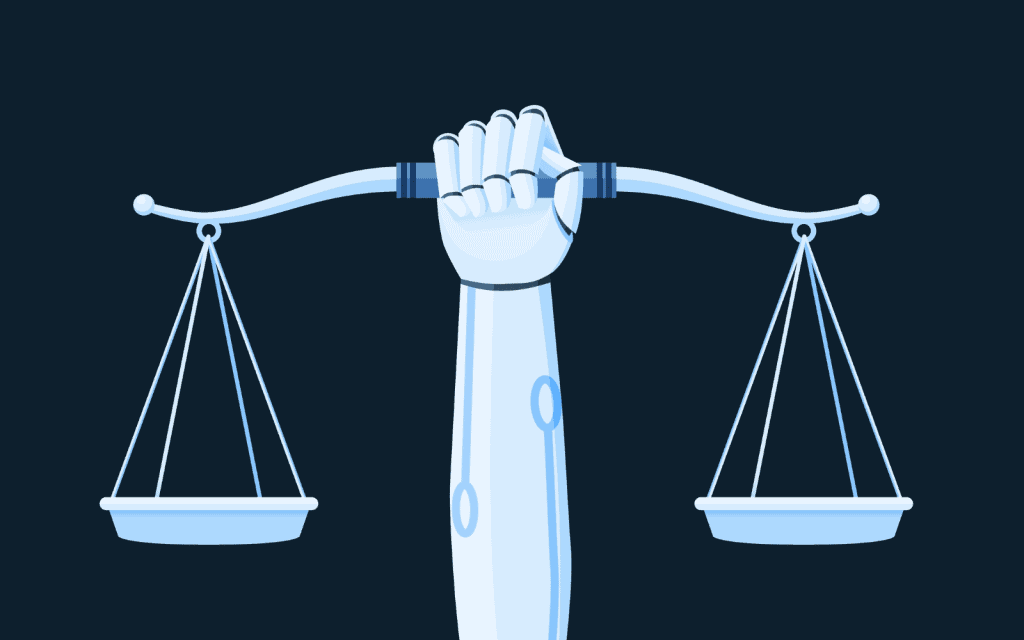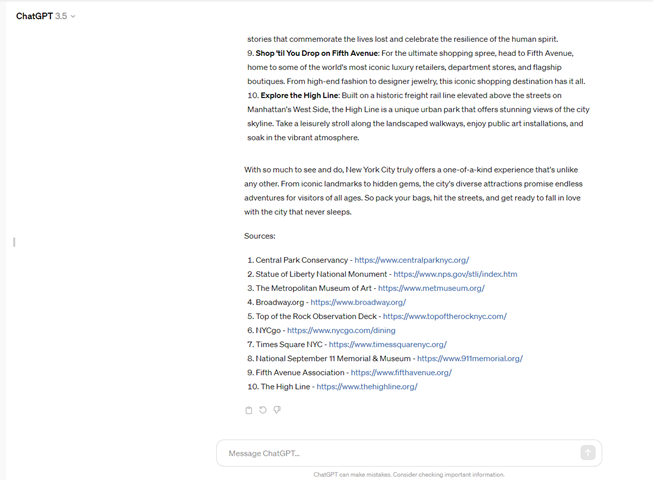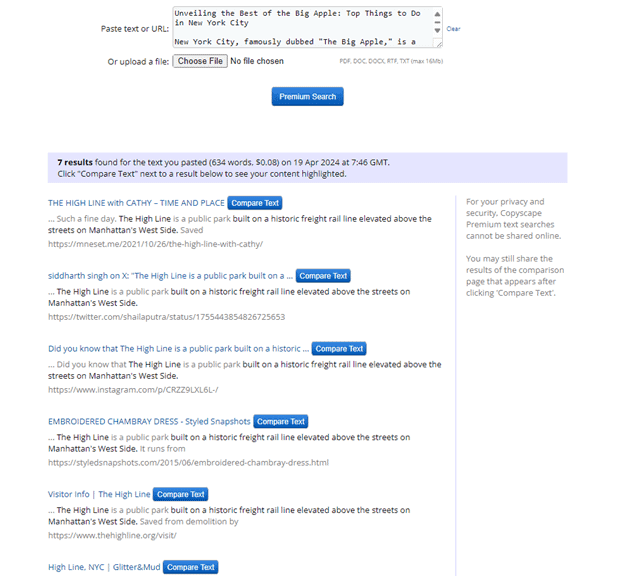Navigating the evolving landscape of search engine optimization (SEO) requires balancing the potent capabilities of artificial intelligence (AI) with a keen sense of ethical responsibility. In “Ethical AI and the Future of SEO: Balancing Efficiency with Responsibility,” you will explore how AI can boost productivity and streamline tasks but also brings challenges that can’t be ignored. Embracing ethical AI means committing to transparency, accuracy, and originality in content creation, adhering to search engine guidelines, and prioritizing user experience along with safety and privacy considerations. By focusing on creating people-first content and following the principles of Expertise, Authoritativeness, and Trustworthiness (E-E-A-T), you can navigate the future of SEO successfully while making a positive societal impact. Have you ever wondered how the world of Search Engine Optimization (SEO) is being transformed by Artificial Intelligence (AI) and what ethical considerations come along for the ride? Well, you’re not alone. As we cruise further into the digital age, AI is revolutionizing the way we approach SEO, making our tasks more efficient, but also introducing some ethical conundrums that can’t be ignored. Let’s dive into the fascinating topic of “Ethical AI and the Future of SEO: Balancing Efficiency with Responsibility.”
Enhancing Efficiency and Productivity in SEO with AI
AI can feel like a magic wand for SEO professionals. The ability to process vast amounts of data quickly, identify patterns, and optimize strategies has made our jobs easier, no doubt about it. Whether it’s through automated keyword analysis, content recommendations, or competitor analysis, AI brings efficiency to the table that’s hard to match manually.
The Promise of AI Efficiency
Imagine having an assistant that never sleeps, doesn’t make errors due to fatigue, and can analyze reams of data in the blink of an eye. AI tools can handle these tasks and more:
- Keyword Analysis: AI can examine search trends and identify high-potential keywords in a matter of minutes.
- Content Creation: From generating topic ideas to organizing outlines, AI accelerates the content creation process significantly.
- Technical SEO: AI can quickly diagnose and recommend fixes for technical issues like broken links, duplicate content, and load speeds.
While these efficiencies are incredibly beneficial, they come bundled with a set of ethical responsibilities that can’t be overlooked.
The Need for an Ethical Approach in AI
Ethical AI is more than just a buzzword; it’s a necessity. Using AI in SEO demands transparency, fairness, and responsibility. Below, we break down what an ethical approach to AI in SEO entails.
Transparency
Transparency is about being upfront about the use of AI in your SEO processes. Your clients and audience have a right to know when and how AI is influencing the content they consume.
- Disclosing AI Use: Always let clients know if their content is being partially created or analyzed by AI. Trust is key in business relationships, and transparency builds that trust.
- Honesty with Audiences: Make it clear when AI-generated content is being used. Labeling AI-generated articles can go a long way in maintaining reader trust.
Accuracy
AI is incredibly powerful, but it’s not infallible. Ensuring the accuracy of AI-generated content is paramount, and this usually involves a healthy dose of human oversight.
- Human-Led Content Creation: Use AI to brainstorm and organize, but let human writers do the heavy lifting to ensure accuracy.
- Verification: Always double-check facts and information generated by AI to avoid mistakes and misinformation.
Originality
Relying entirely on AI for content creation can be risky. AI lacks the nuance, creativity, and cultural awareness that a human brings to the table.
- People-First Content: Focus on creating content that answers real questions from real people.
- Avoid Over-Reliance on AI: AI tools should assist, not replace, human creativity and originality.

Compliance with Search Engine Guidelines
Search engines have clear guidelines to ensure a fair and reliable search experience for users. Ethical AI usage means staying compliant with these guidelines to avoid penalties.
Following the Rules
Google, in particular, has strict rules about what constitutes acceptable SEO practices.
- Avoiding Unethical Practices: Stay away from keyword stuffing, cloaking, and other black-hat techniques that can get you penalized.
- Staying Updated: Search engine algorithms are constantly evolving. Regularly review guidelines to keep your practices up-to-date.
Societal Impact of AI in SEO
The content we create has a profound impact on society. Ethical AI use in SEO means promoting trustworthy, useful content that benefits users.
Positive Contributions
Your content can influence opinions, behaviors, and even societal norms.
- Trustworthiness: Ensure that your content is accurate and reliable.
- Usefulness: Aim to provide value with your content, answering real questions and solving real problems.

Safety & Privacy
AI tools often require data to function effectively, making safety and privacy crucial considerations.
Security Protocols
When working with AI, it’s essential to implement robust security measures to protect data.
- Data Protection: Be cautious about inputting proprietary or confidential information into AI tools.
- User Privacy: Respect user privacy and comply with data protection regulations like GDPR.
Intellectual Property Considerations
AI can generate content, but who owns it? Ensuring originality and properly attributing sources are critical to avoiding legal issues.
Crediting Sources
Always credit the sources of AI-generated content to maintain integrity.
- Avoid Plagiarism: Check AI-generated content for originality to prevent plagiarism, which can lead to legal repercussions.
- Proper Attribution: Credit any material or data sources used in AI-generated content.

Google’s Focus on Quality and Original Content
Google’s algorithms prioritize content that is original, accurate, and trustworthy. An ethical approach to AI in SEO aligns perfectly with these priorities.
E-E-A-T: Expertise, Authoritativeness, and Trustworthiness
Google’s E-E-A-T (Expertise, Authoritativeness, Trustworthiness) model is crucial for ranking well in search results.
- Expertise: Content should be written by knowledgeable individuals or verified by experts.
- Authoritativeness: Backed by credible sources and recognized entities.
- Trustworthiness: Accurate, transparent, and reliable content.
Enhancing User Experience
Ultimately, SEO is about improving the user experience. Ethical AI helps ensure that users get what they’re looking for in the best possible way.
User Needs First
Fast loading times, easy navigation, and relevant content are essential for a good user experience.
- Page Speed: Users don’t like waiting. Ensure your site loads quickly.
- Navigation: Make it easy for users to find what they need with clear, intuitive navigation.
- Relevance: Provide content that is directly relevant to user queries to keep them engaged and satisfied.

Conclusion
Navigating the future of SEO with AI involves balancing efficiency with ethical responsibility. By focusing on transparency, accuracy, originality, compliance, societal impact, safety, privacy, and intellectual property, you can harness the power of AI while maintaining the trust and respect of your audience.
AI offers incredible tools to enhance the efficiency and productivity of SEO, but with great power comes great responsibility. Approach AI ethically to not only avoid pitfalls but to contribute positively to the digital landscape. Your commitment to ethical practices will not only help you stay compliant with search engine guidelines but also foster a trustworthy, enriching experience for your users. Now, the question is, how will you leverage ethical AI for the future of your SEO strategy?









